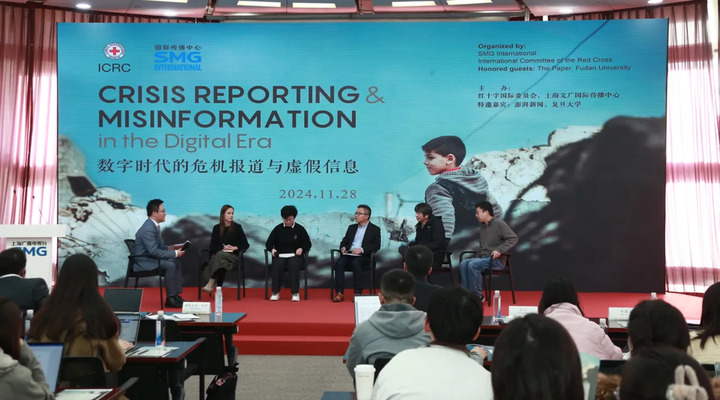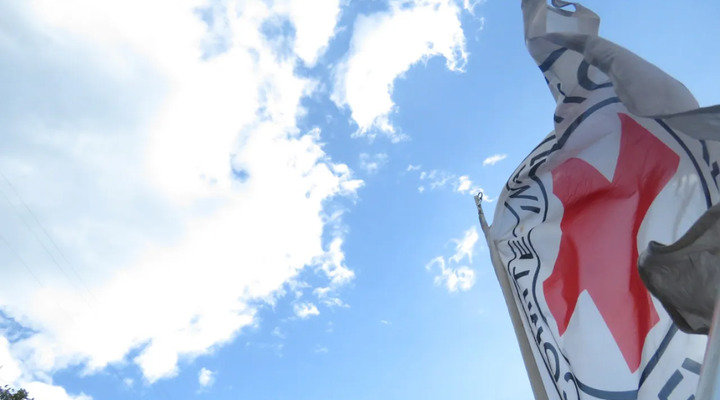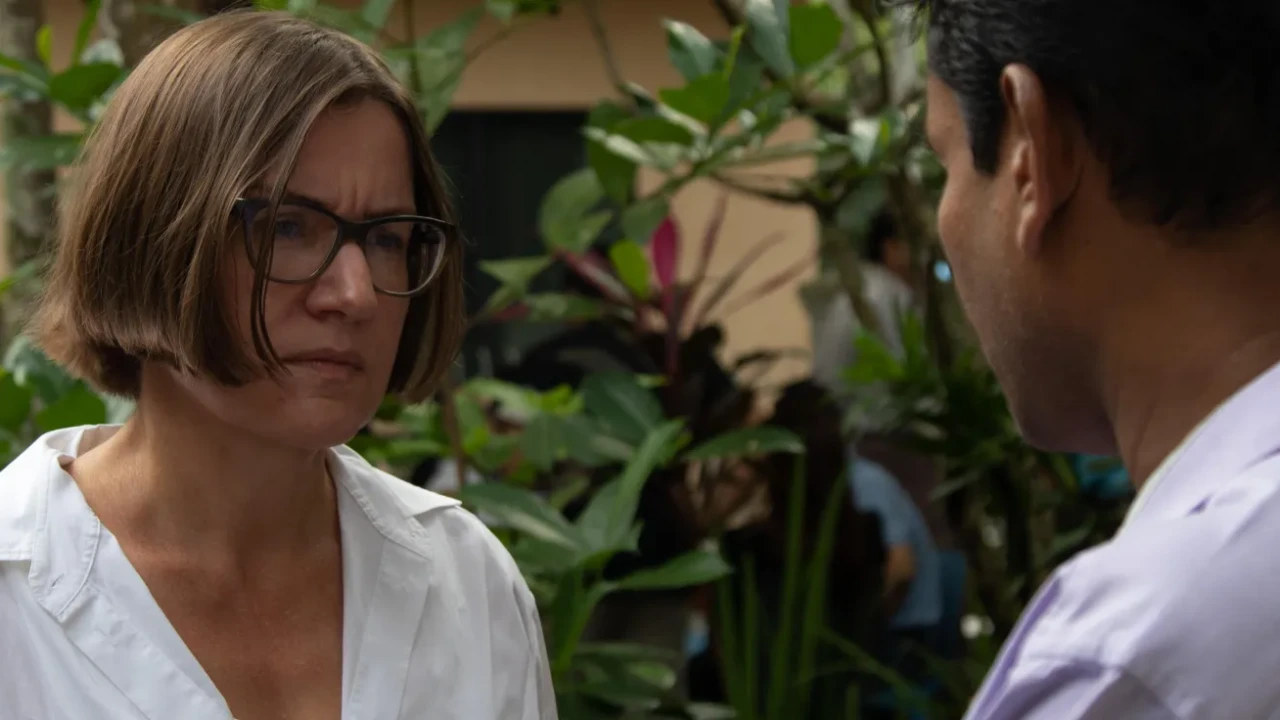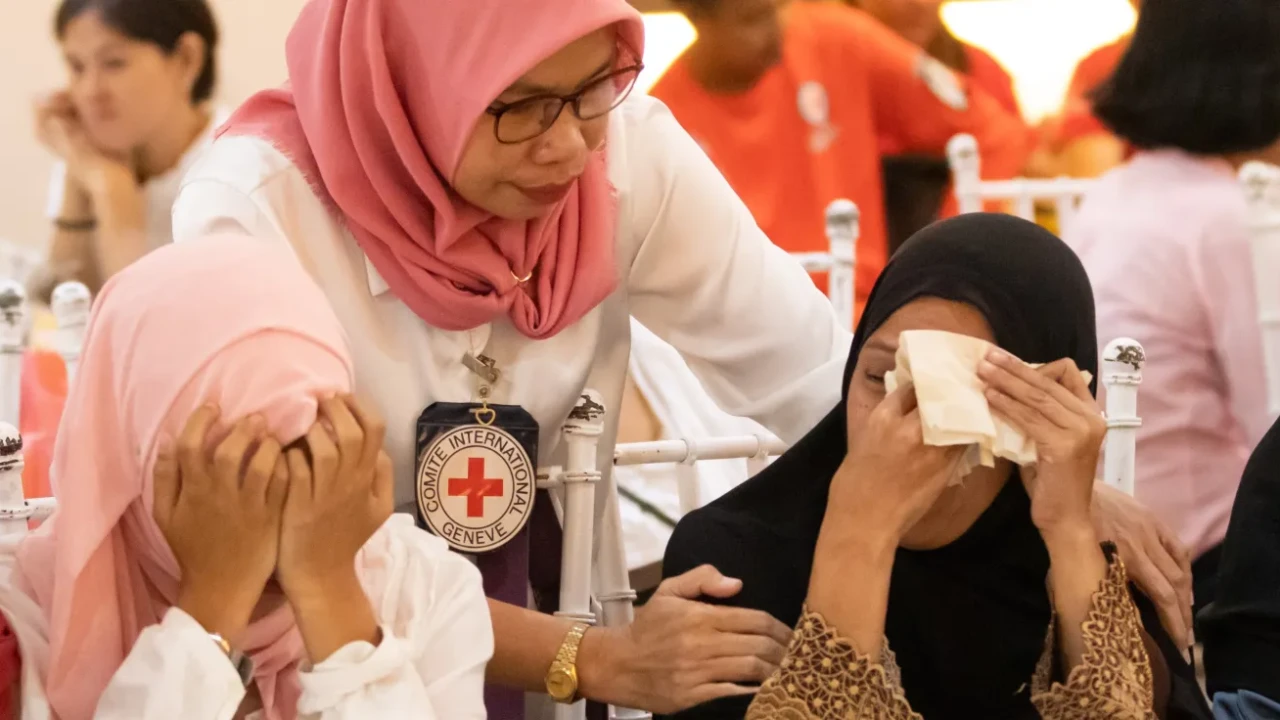Philippines: 60,000 displaced fear returning home
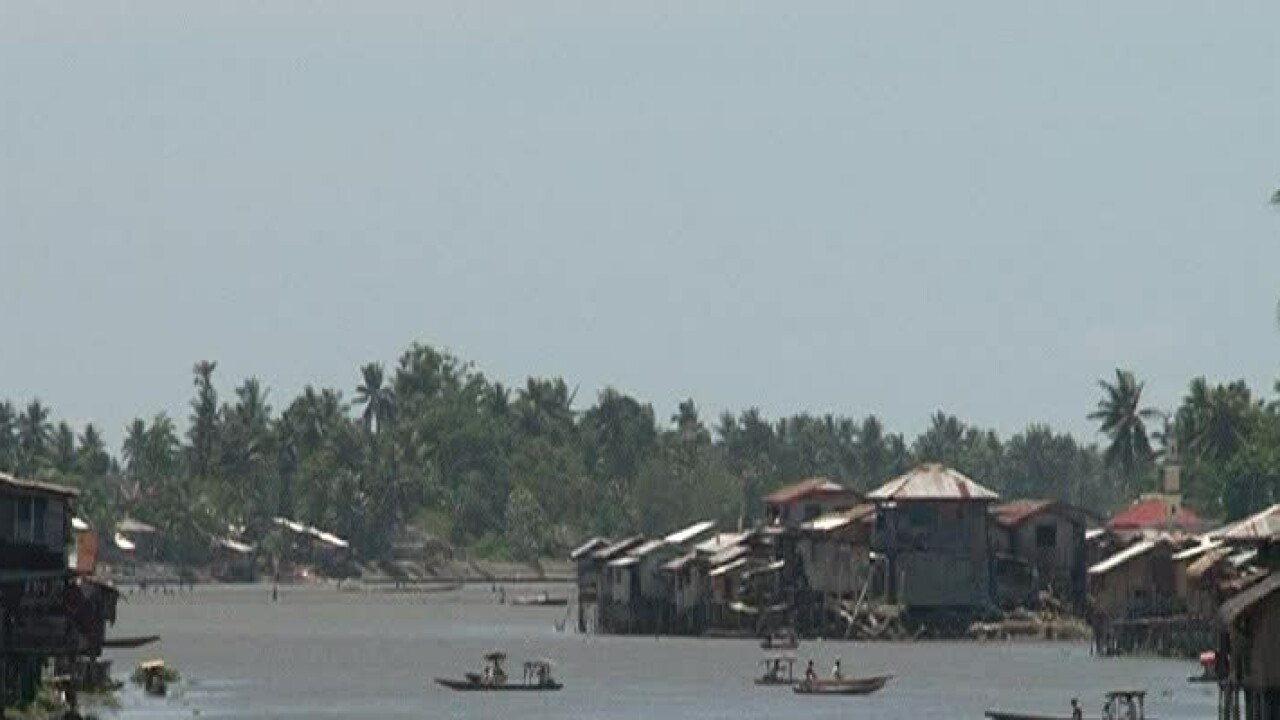
This is a modal window.
Today, more than 60,000 IDPs in Mindanao are unable or for various reasons unwilling to return home. In some cases their houses have burned down or their land is occupied by other people, in others they fear for their safety because conflict could resume or violence erupt in connection with the ongoing elections... Clashes between the armed forces of the Philippines and the Moro Islamic Liberation Front (MILF) in August 2008 triggered the displacement of more than 500,000 people. Although most displaced people in Central Mindanao have returned to their homes over the past year, thousands have yet to do so.
The displaced will very likely not consider their security situation to have improved until a peace agreement is signed between the Philippine government and the MILF. The deadlock in negotiations resulted in violent clashes in August 2008. A ceasefire is holding for the time being, and talks are expected to resume after 10 May elections.
In addition to having to flee their homes and losing most of what they need to earn a living, some displaced people consider returning home a dangerous option while elections loom. On 23 November 2009, in the province of Maguindanao, 57 people, including journalists and lawyers, were murdered on their way to file a certificate of candidacy for a local political leader.
Following this incident, the Philippine government pledged to disband more than 130 militias and fight against the widespread availability of light weapons. A few days before the 10 May general elections, the situation in Mindanao could be deemed "calm" according to local standards, but politically related incidents still occur on a daily basis with attacks involving the use of grenades or automatic weapons.
The conflict in Mindanao has been going on for three decades at a cost of at least 120,000 dead and the displacement of an estimated two million people. The wide availability of light weapons, the presence of numerous private armies in the service of politicians as well as an unresolved land issue have fuelled a general state of fear and insecurity in Mindanao, with many people caught up in a vicious circle of recurrent displacement and impoverishment.
In such a context, where different types of violence coexist, one of the main objectives of the ICRC in the Philippines is to promote respect for the basic rules of war amongst arms carriers. The dialogue with the armed forces of the Philippines is well established. Cooperation with the MILF armed forces is ongoing, even though since August 2008 rebels proved more difficult to reach owing to the fighting. The ICRC hopes to fully resume its activities with the MILF in the near future.
Video Story
From August 2008 to March 2010, the delegation in the Philippines carried out a major assistance operation in Central Mindanao. Together with the Philippine Red Cross, the ICRC has been providing food and basic necessities, such as kitchen set, hygiene items, etc., to tens of thousands of displaced people. As active hostilities were suspended in July 2009, some people chose to return to their home areas while others developed local coping mechanisms.
For most people still internally displaced, however, the fear and insecurity is the main reason they have not returned to their homes. They fear that clashes between government troops and armed groups could resume at any time. The proliferation of weapons in the region and complex land disputes and other local issues contribute to the general state of fear and instability.
Tayan Mawgan, 37, a mother of four, lives in the Lumpong evacuation centre, in the Datu Odin Sinsuat Municipality. Like many other Filippinos, she spent years working abroad as a domestic helper in order to send money to her family. During her absence, a house was built, her kids went to school and her husband was able buy livestock, seedlings and land. But everything collapsed in August 2008.
Says Tayan: "When we evacuated, it was a tough time. We heard bazookas and my little child was the only one that I brought with me. The other villagers went to the other side because we were just running. Then we arrived at the town of Mamasapano, we stayed there but we were not able to bring any belongings from our house. We cannot return to our house because it is burned already, until now we cannot go home.
She relies on humanitarian assistance and meagre sources of income: mat making, vegetable planting, porridge selling. "We do a lot of things here. Sometimes, we get firewood and sell it in order for us to have income. And also charcoal. That's what we do here to have money at least in a decent way." But she has to start from scratch as all her belongings were left behind and her house burned down during the fighting.
"It is very hard" she says... "This place is not our place. But until our place is okay, we will stay here. Yes, I am very sad about it. If we feel difficulty and discomfort here in the evacuation centre, we remember that and I just cry. Of course, when the children are asking for food, you are really going to cry if you do not have money."
Marlon Guiapal, a displaced fisherman, says he won't return to his home village, where political tension can run high: "Especially now with elections coming up, for sure there will be plenty of killings. Everyday, someone is being shot in connection with the elections. How many more during election day?"
Settled in the Libungan Toreta village (North Cotabato district) with his wife and three kids, Marlon says that they prefer to "survive in this evacuation rather live in our area where there are no security guarantees." They fled their area in August 2008 a few days before the clashes occurred. "The two parties were already running after each other and our house was near the military detachment. So, we slowly packed our things and brought them to the evacuation centre before the real clashes happened."
Despite their modest income, the Guipals will probably remain in Libungan Toreta, as they have integrated with the host community and have better access to basic services, such as healthcare. The health centre in Libungan Toreta (North Cotabato district) has been supported by the ICRC since August 2008 in order to cope with the influx of IDPs who decided to settle in the village. Even if the majority of displaced have returned, the health centres face difficulties responding to the needs of the local population and the IDPs.
The ICRC, with support from the Philippine National Red Cross, distributed over 270,000 food parcels, each including 25 kg of rice, 6 lt of oil, 12 cans of sardines and other items; and 52,000 kits containing household essentials to internally displaced people in Central Mindanao over a period of 18 months. The last distributions took place in March and the ICRC is now considering how best to provide further support for displaced people and for the communities hosting them. The ICRC also continues to support selected medical facilities in Mindanao and improves access to clean water and sanitation for displaced and resident communities.
SHOTLIST ATTACHED
